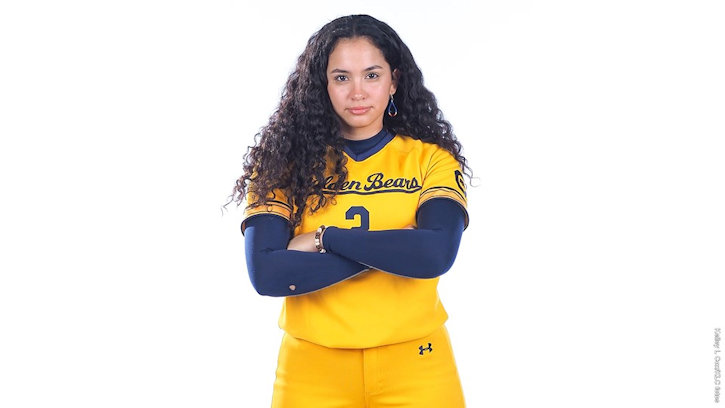By Makenzie Parajon
The term “federally recognized” is often used when discussing Native American tribes, but do most people know what that really means? Are members of non-federally recognized tribes any less Native than those members that are recognized? Why is there even this distinction? All of these questions really weren’t important to me until it was time to fill out college applications. But even at that point, I didn’t give it much thought.
Growing up in Castro Valley, California, being Native American was just part of who I am. The only other people I knew who identified as native are my family members. I’ve heard the stories of my grandma growing up on the reservation in Lake County, California, but I never really asked any questions. I know my family is involved in our tribal government and that my tribe provides a lot of economic and educational support to our members and community. We attend our annual Big Time event (celebration of food, music, dance, and art); we also have tribal meetings, family reunions, and various events.
It was in my first Native American Studies class that I gained a little more interest in my tribe and started to question my knowledge of not only my tribe’s history but that of other tribes. I was intrigued to learn about the different cultural practices, what art meant to them, and how they identified. What most people might not know is that tribes have distinct differences. My tribe, Habematolel Pomo of Upper Lake in California, is known for unique woven baskets and elaborate feather headdresses. Our baskets are woven so tightly that water can be carried in them. As my interest grew, I decided to minor in Native American Studies which is allowing me to take so many more classes and deepening my understanding of my culture and history.
With each class, I find myself asking more questions and seeking the answers; yet there still is that underlying theme of just wanting to be recognized. As a junior, I’m starting to truly understand why my family works so hard to build our tribal government (in order to be federally recognized) and to push the younger generations to obtain an education. We are a group of people who–for so long–were taught to be ashamed of our culture, to fit in, and to not recognize our past.
Lack of representation and misrepresentation are two of the biggest issues in the Native American communities today. This lack of knowledge perpetuates misconceptions, bias, inequity, and injustice in our community. Acknowledging and celebrating Native American heritage gives our people a voice and an opportunity to share more.
Makenzie Parajon, a junior outfielder on the Cal softball team, is a Sociology major who is pursuing a minor in Native American Studies.

Awesome that she takes pride in her people. I’m Lakota from White River South Dakota. Proud of young Natives for continuing education and learning about their relatives and people.Wopila(Thank You)